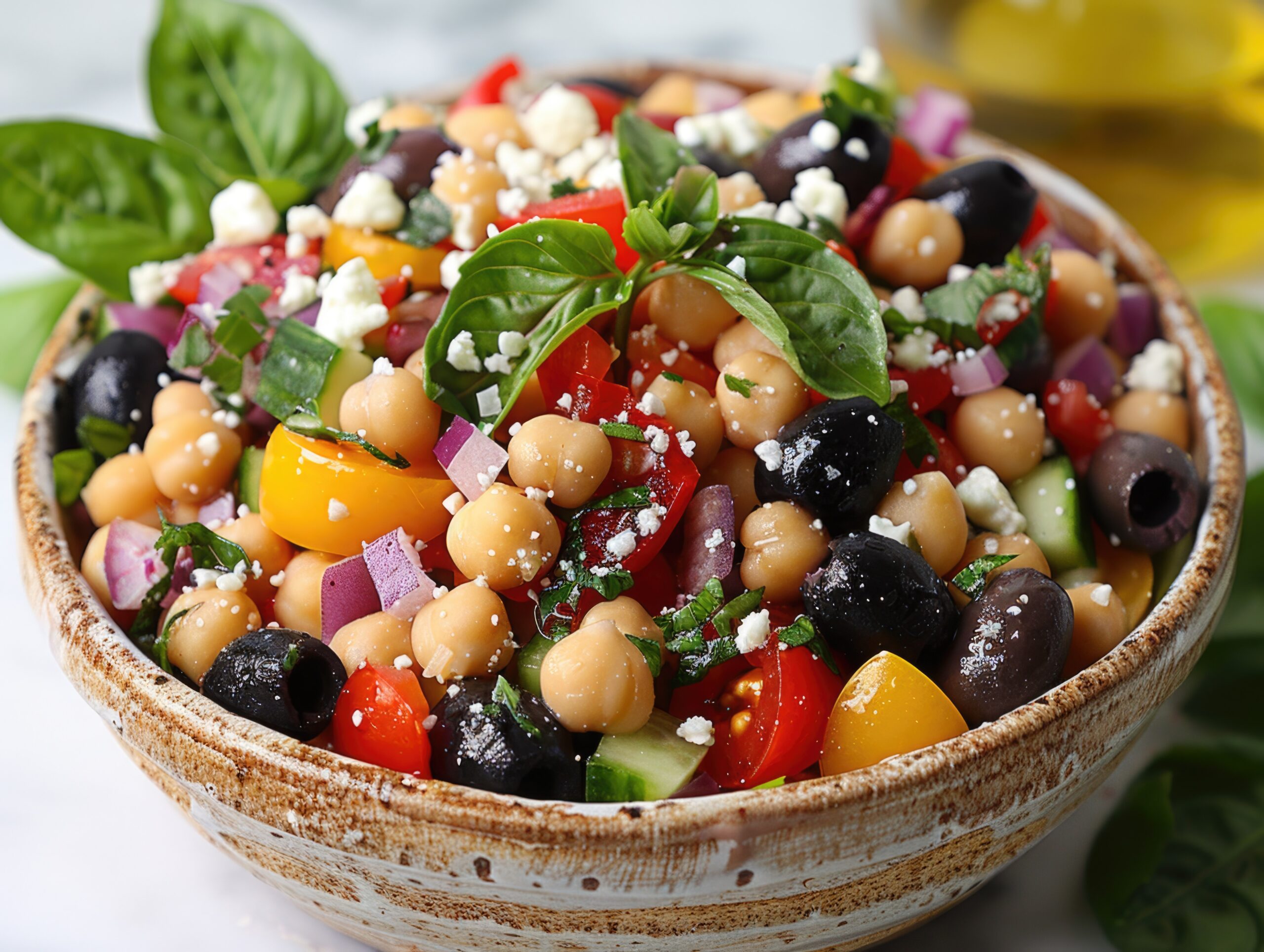
What’s Good for the Heart, is Good for the Eyes – Plus Bonus Recipe
February is American Heart Month, a time to focus on nutrition and lifestyle habits that are good for your heart. Heart healthy habits are essential to prevent heart disease, which is still the leading cause of death in the United States. The MIND Diet consists of the Mediterranean Diet + Dash Diet making it Mediterranean-Dash Diet Intervention for Neurodegenerative Delay (MIND). This healthy eating plan promotes eating more fruits, vegetables, whole grains, plant–based proteins, and heart healthy fats from fatty fish, nuts, seeds, and olive oil. The bonus to this healthy way of eating is that what’s good for your heart and brain is also good for your eyes.
Basics of the MIND Diet
Try to eat:
- Leafy greens 6x per week
- Other vegetables 1x per day
- Nuts 5x per week
- Berries 2x per week
- Whole grains 3x per day
- Fish 1x per week
- Poultry 2x per week
- Use Olive oil for cooking
- Red wine 1x per day (if desired)
Fruits and vegetables provide vitamins, minerals, and phytonutrients that can protect the optic nerve and other tissues of the eyes from oxidative stress. In addition, the antioxidants they contain can reduce inflammation and the incidence of cancer, heart disease, and macular degeneration. Leafy greens are low in calories and high in lutein, a powerful antioxidant which benefits eye health. Bananas and avocados are great sources of magnesium which may help improve blood flow to the eyes and protect retinal cells. Strawberries, raspberries & blackberries contain resveratrol which is linked to reduced glaucoma, and blueberries contain anthocyanins which protect against cataracts and macular degeneration
Heart healthy omega-3 fatty acids are found in fatty fish like salmon, tuna, sardines, and herring, and in walnuts, edamame, chia seeds, flax seeds, and hemp seeds. Omega-3 fatty acids benefit the heart by lowering triglycerides, increasing “good” HDL cholesterol, and lowering blood pressure. These fatty acids are important to all your cells and help provide cell structure and support interaction between cells. Omega-3’s support health in many of the body’s systems and are concentrated in large amounts in the eyes and brain.
Whole grains and plant-based proteins like beans are rich in fiber, vitamins, and antioxidants that boost immunity, support gut health, and help reduce inflammation. Studies show that eating more nuts may slow visual field loss associated with glaucoma. Olive oil is high in monounsaturated fats and has been shown to decrease “bad” LDL cholesterol, raise “good” HDL cholesterol, and lower blood pressure. It also contains the carotenoid lutein which has been shown to benefit eye health.
With Valentine’s Day around the corner, it’s good to know that the flavonoids found in dark chocolate (60% or greater cacao) may help improve vision in people with glaucoma. Some studies have shown that cacao may increase blood flow to the brain and retina.
And just in time for Valentine’s Day, try this delicious recipe following MIND Diet guidelines.
Chocolate Covered Raspberry Jam Bites
Ingredients:
- 1 cup fresh or frozen raspberries
- 1 Tbs maple syrup
- 1 Tbs chia seeds
- Dark chocolate chips or bar (60% or greater cacao)
Directions:
- Place raspberries in a bowl and mash well with a fork. Add maple syrup and chia seeds and mix well. Drop by tablespoon onto a cookie sheet lined with parchment paper and freeze for 1 hour.
- Melt chocolate in a microwave-safe bowl in 30 second increments until melted. Remove raspberry mounds from freezer and dip each one into chocolate and place back on lined cookie sheet. Refrigerate until set.
- Store in covered container in refrigerator.



